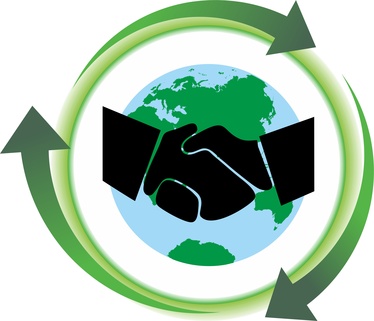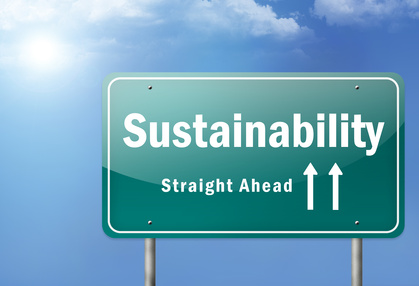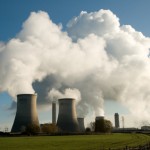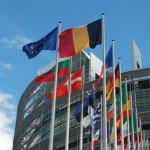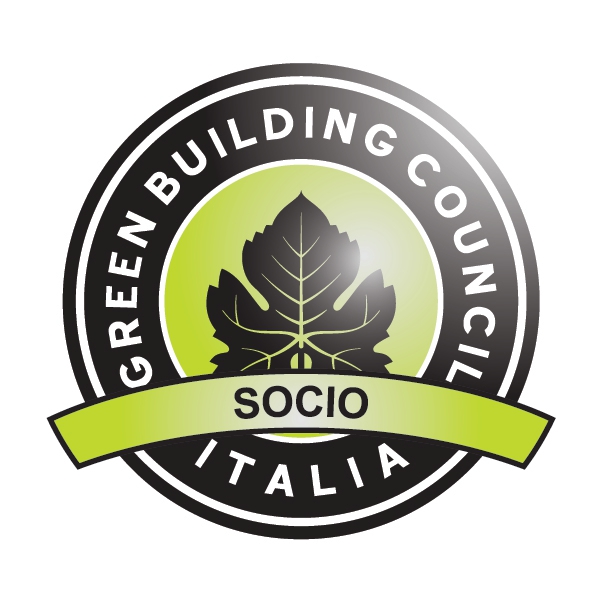
MR Energy now member of GBC Italia
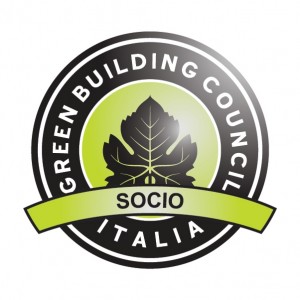
With the formal approval of the Steering Committee during its meeting of March 2nd 2012, MR Energy has become an official member of GBC Italia, in the category “Utilities, ESCOs, and energy companies”.
Becoming part of the National Association confirms a strategy which started already one year ago:
“The efforts are surely paid back by the great results we are obtaining, and that will be confirmed next week with the launch of the new certification scheme GBC Home, in Trento. We can really obtain even more important results for our Nation, contributing to the recovery of a sector which is now suffering very hardly the economic crisis. For this reason the President, the Executive Board and all GBC members are working hard to convince Public Administrations about the importance of using tools such as GBC Home to put in place sustainable development programs for the cities and the territories of their competence. This is, by the way, required by the existing and upcoming European Directives”.
The declaration of Mauro Roglieri, Administrator of MR Energy Systems, member of the Executive Board of GBC Italia, in charge for international affairs. He coordinates the activities of the Policy Task Force of GBC Italia and he is a member of the Policy Task Force of the European Network of WGBC (World Green Building Council).
